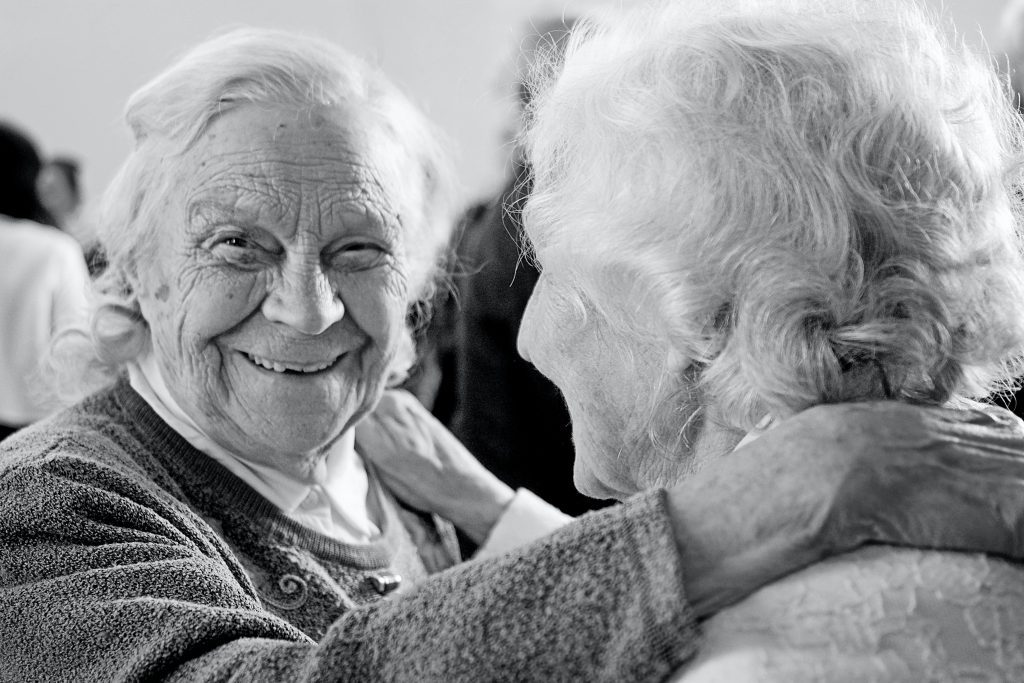Do you have a senior loved one who experiences frequent bladder leakage? If you are the caregiver for a senior with a weak bladder, you know how difficult it can be to manage their condition. Urinary incontinence can cause many problems for seniors, including embarrassment and social isolation. This article will discuss some things that you can do to help your loved one feel more comfortable and confident. We will also provide some tips on how to deal with urinary incontinence in a respectful and considerate way. Here is what to do if you have a senior with a weak bladder.
Consider Incontinence Products
The first step is to get your loved one some incontinence products. Incontinence pads are absorbent products that are worn like underwear. They can help to absorb urine and keep clothes clean and dry. If you need an incontinence supply, it is essential to choose the right product for your loved one. There are many different types and sizes of incontinence pads available, so you will need to find the right one for your loved one’s needs.
When choosing an incontinence pad, the qualities to look for are absorbency, comfort, and fit. You will also need to consider your loved one’s lifestyle and activities. Some pads are designed for very active people, while others are more suited for those who lead a more sedentary lifestyle. Once you have found the right product, it is essential to ensure that your loved one knows how to use it properly.
Talk To Their Doctor
If your loved one is experiencing urinary incontinence, it is essential to talk to their doctor. Urinary incontinence can be caused by various things, including medications, health conditions, and changes in diet or lifestyle. A doctor can help identify the cause of your loved one’s incontinence and recommend treatment options. In some cases, urinary incontinence can be cured or improved with medication or surgery.
In other cases, the goal of treatment is to manage the symptoms and help the person live as comfortably as possible. Several different treatment options are available, including lifestyle changes, pelvic floor exercises, and bladder training. The doctor may also recommend incontinence pads or other absorbent products to help your loved one manage their condition.
Help Them Stay Active
Seniors with weak bladders need to stay active. Exercise can help to strengthen the muscles that control urination. This can help to reduce the frequency and severity of incontinence episodes. There are several different exercises that can help, including Kegel exercises and pelvic floor muscle training. They can do these exercises at home or with the help of a physical therapist.
In addition to exercise, several other things can help reduce the symptoms of urinary incontinence. These include avoiding caffeine and alcohol, quitting smoking, and losing weight if necessary. Making these lifestyle changes can be difficult, but they can make a big difference in your loved one’s quality of life.
Encourage Them To Stay Social
Seniors with weak bladders need to stay social. Urinary incontinence can cause them to feel embarrassed and ashamed, leading to social isolation. You need to encourage your loved ones to continue participating in their usual activities and social engagements.
There are several ways to help your loved one feel more comfortable. You can help them choose clothing that is less likely to show wet spots. You can also suggest activities that are not as physically demanding, such as watching a movie or going for a walk. If your loved one is uncomfortable discussing their condition with others, you can be the one to talk on their behalf.
Encourage Them on Personal Hygiene and Good Toilet Habits

Another thing you can do to help a senior with a weak bladder is to encourage them on personal hygiene and good toilet habits. This includes wiping front to back after using the bathroom, cleaning the genital area daily, and wearing breathable cotton underwear. Good hygiene can help to reduce the risk of UTIs, which are common complications of urinary incontinence.
It is also essential for seniors with weak bladders to go to the bathroom regularly and avoid holding their urine for long periods. This can help to reduce the risk of bladder infections and other complications. If your loved one has difficulty making it to the bathroom on time, you may need to consider installing a toilet in their bedroom or helping them to use a bedside commode.
If you have a senior with a weak bladder, there are several things that you can do to help. The most important thing is to talk to their doctor and get them the treatment they need. It would be best to encourage them to stay active and social, despite their condition. With your support, your loved one can live a full and active life.



